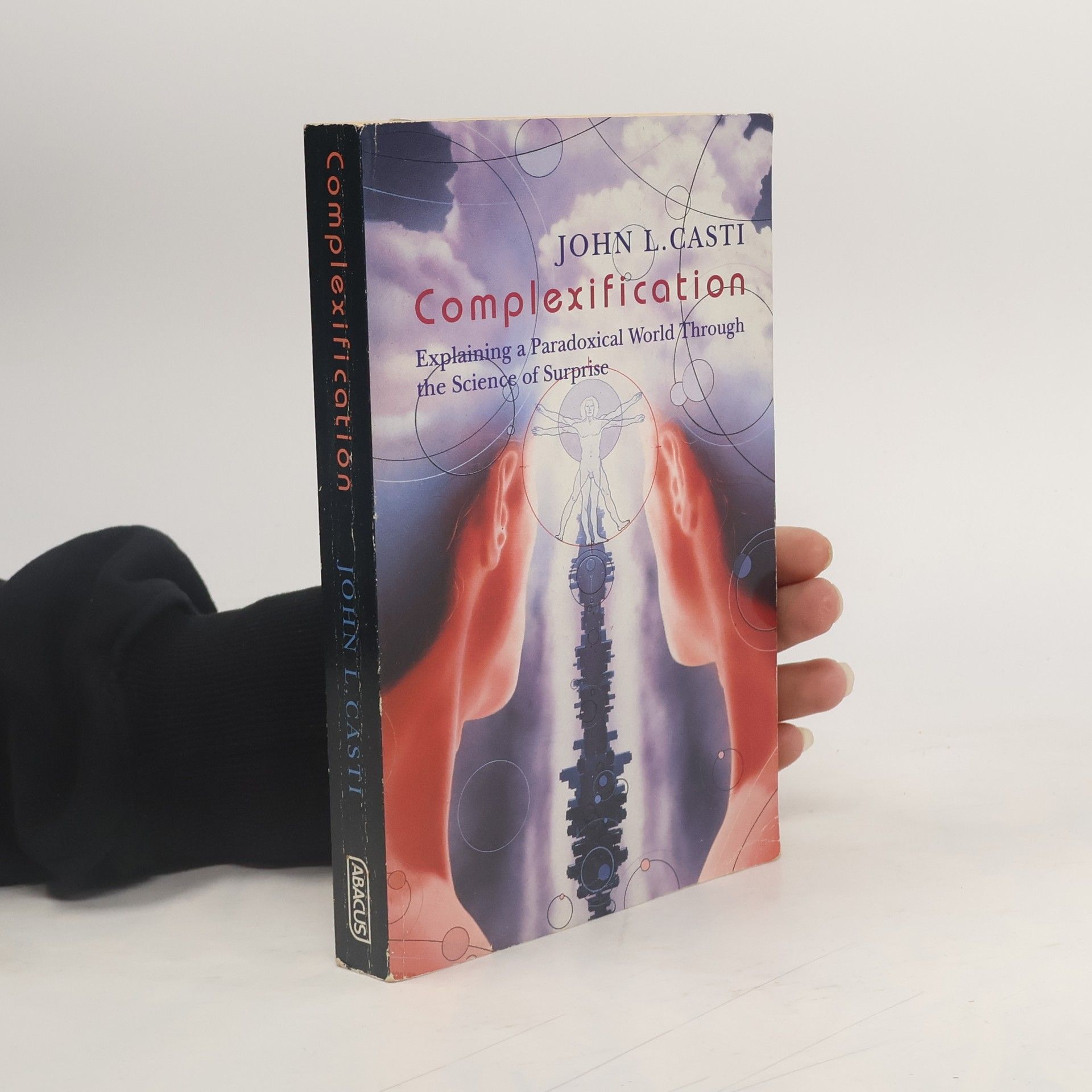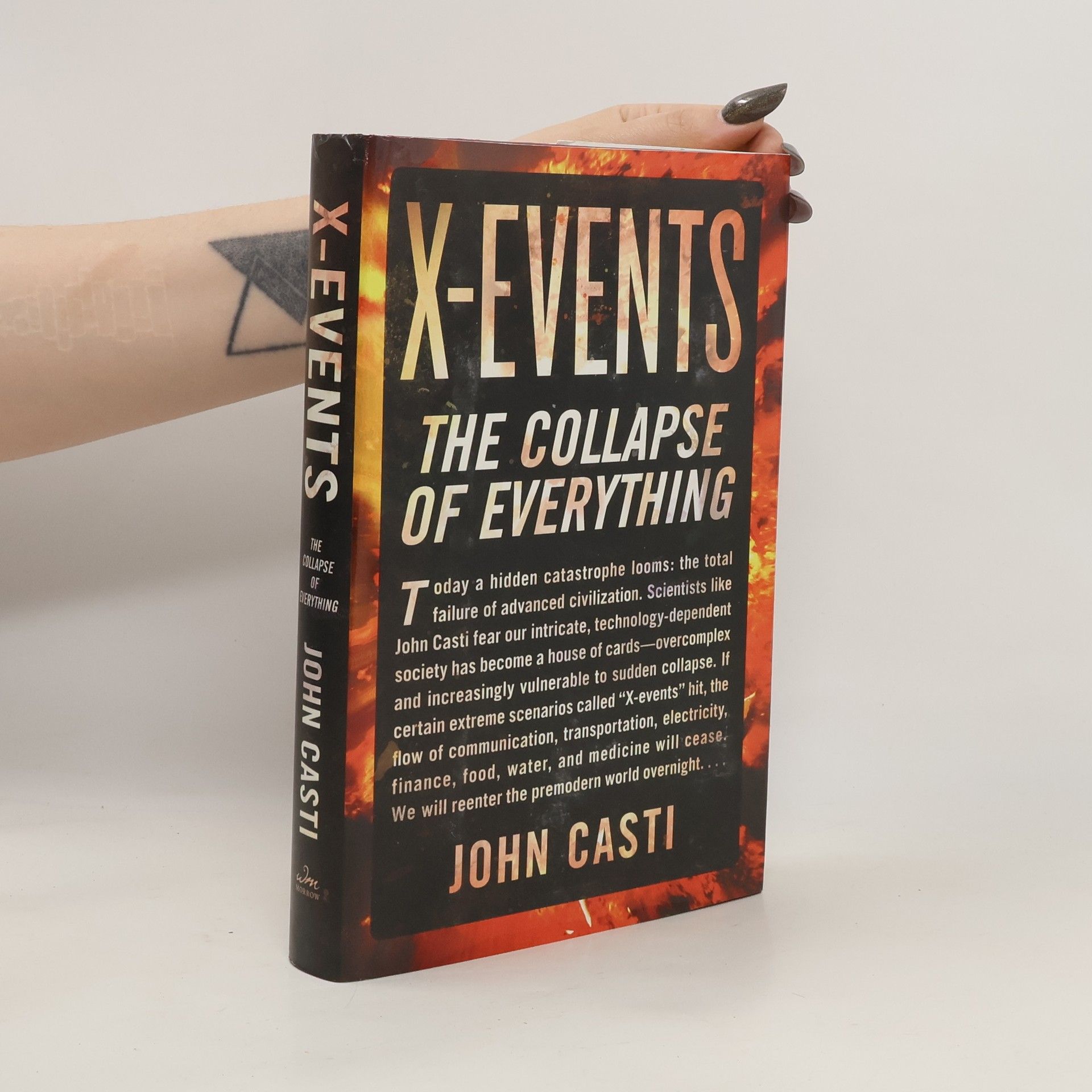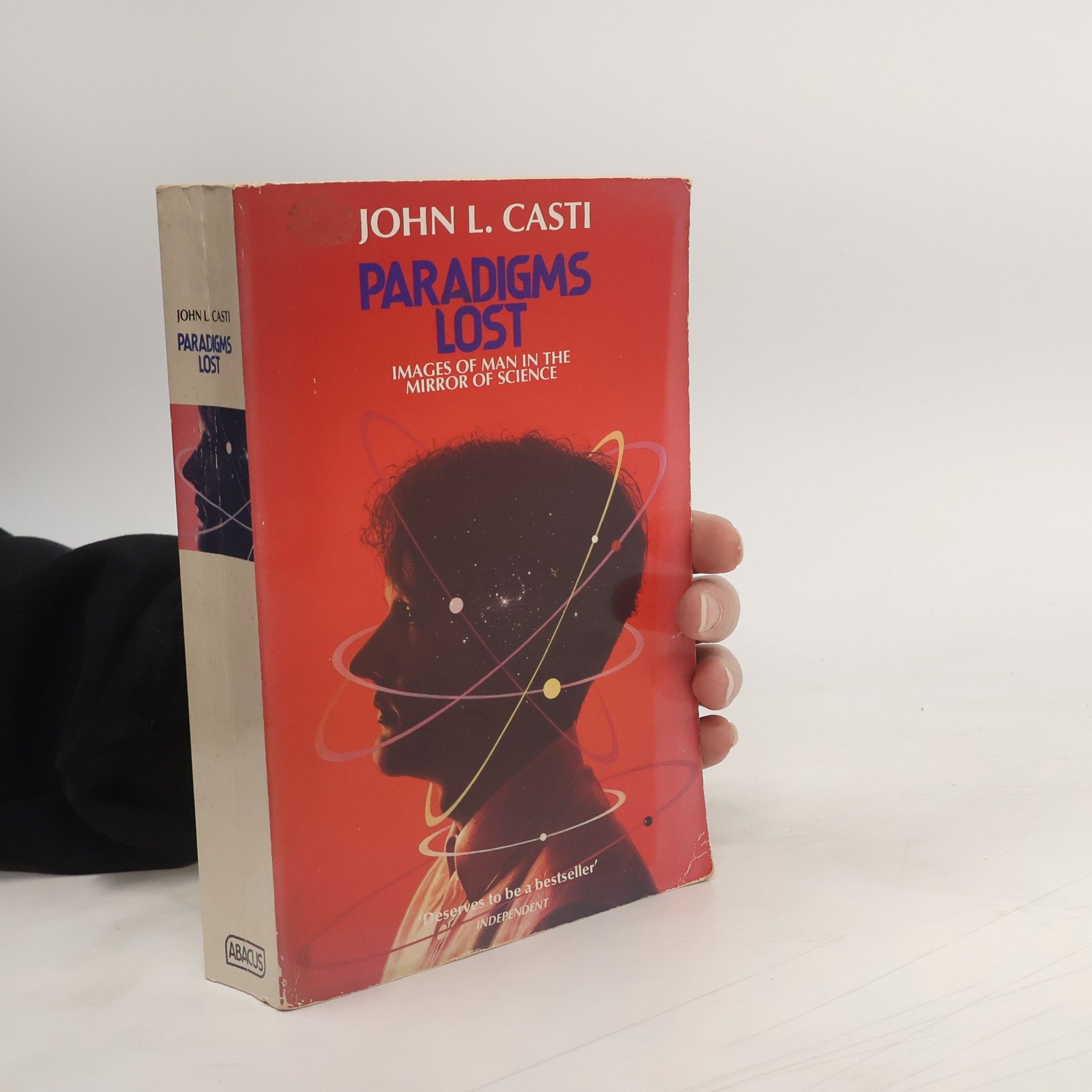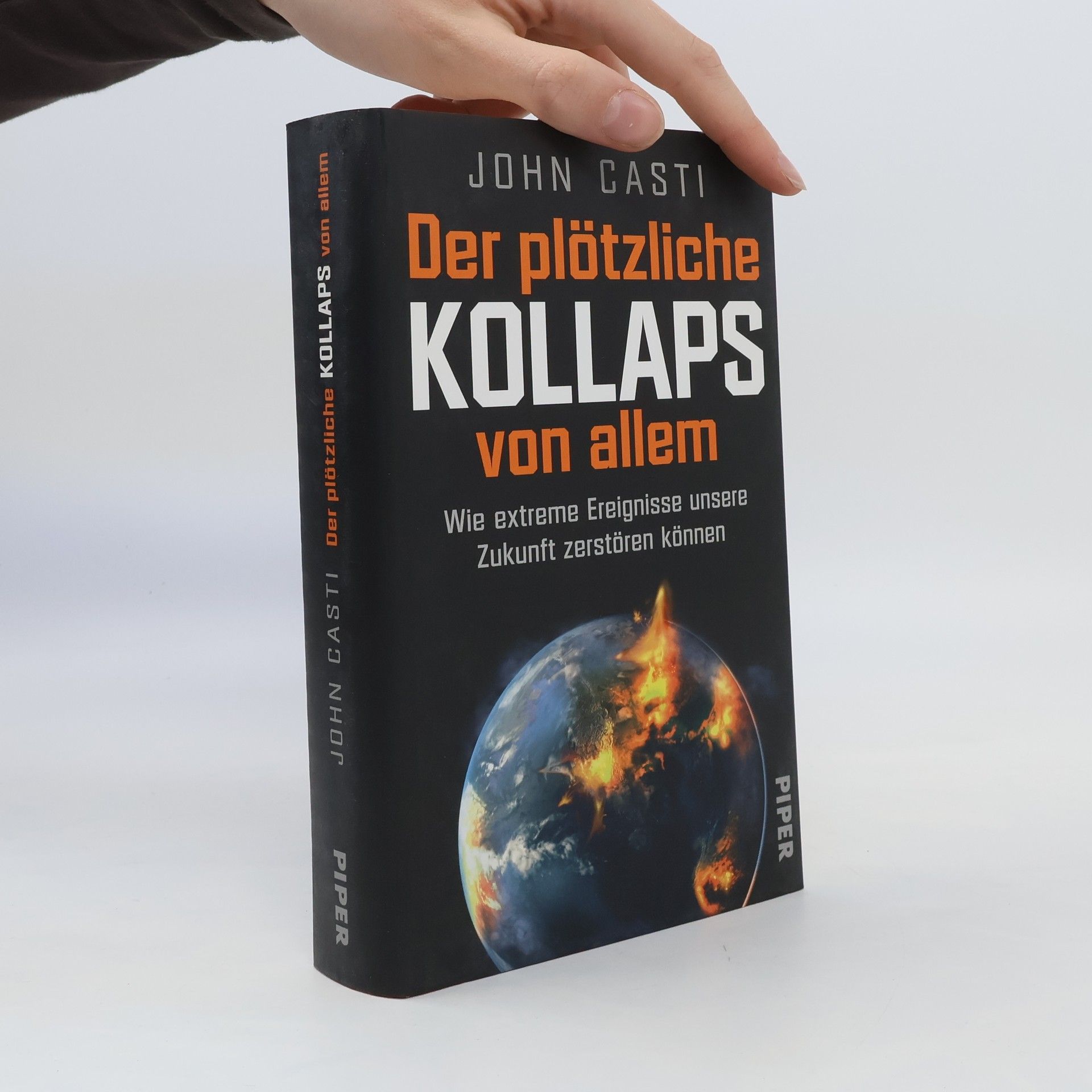Paradigms Regained
- 335 pages
- 12 hours of reading
How did life on Earth get started? Can we duplicate human thought in a computing machine? How do children acquire language? In Paradigms Lost, John L. Casti looked at the state of play with these and a handful of other eternal questions, outlining the competing answers on offer and describing the scientists who advocated them. In this book, he recounts the huge leaps science has made since then, and how new theories and candidate answers have emerged for almost all the big questions. As we enter the 21st century, the book provides a summary of what we understand about key scientific issues.









